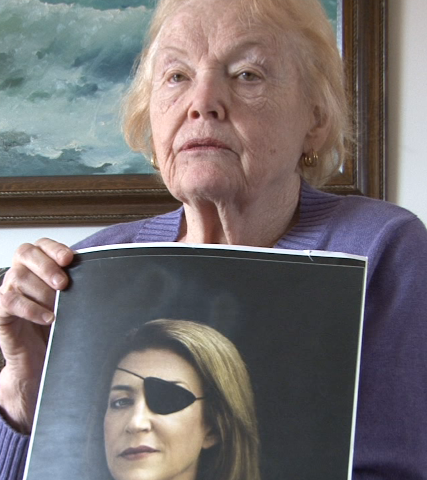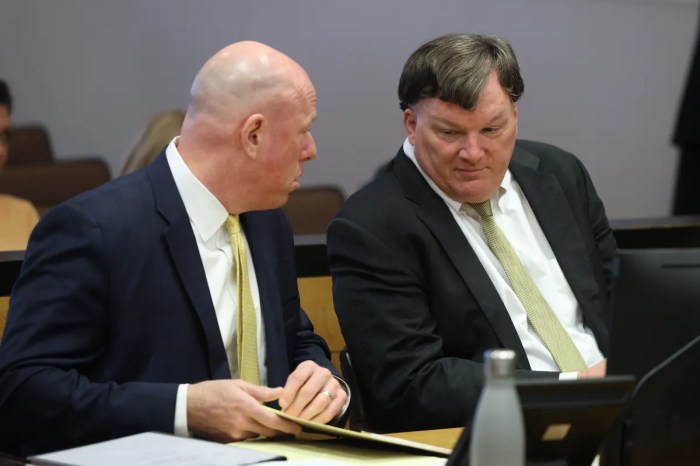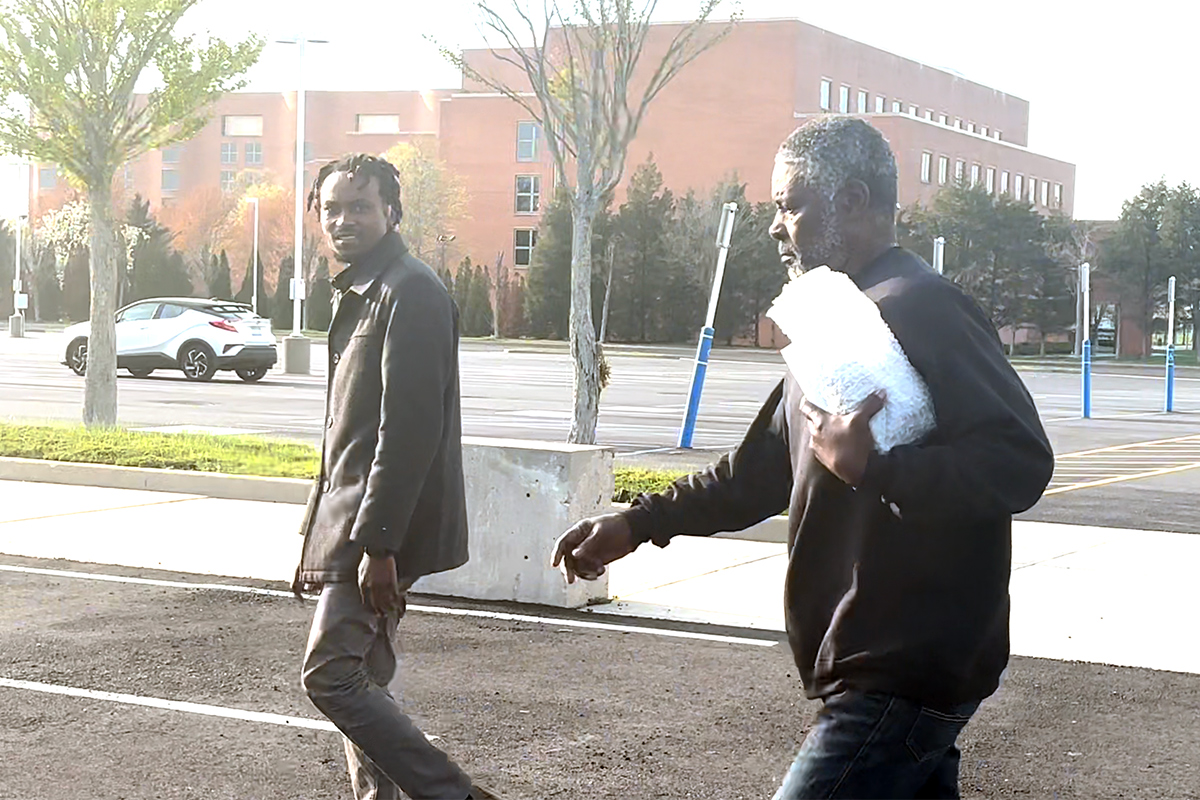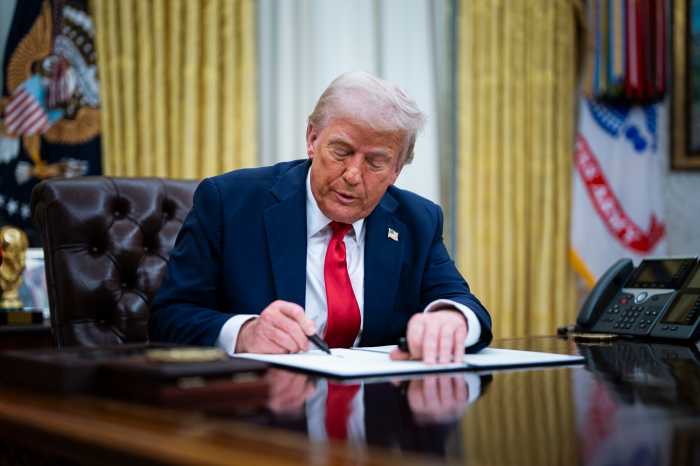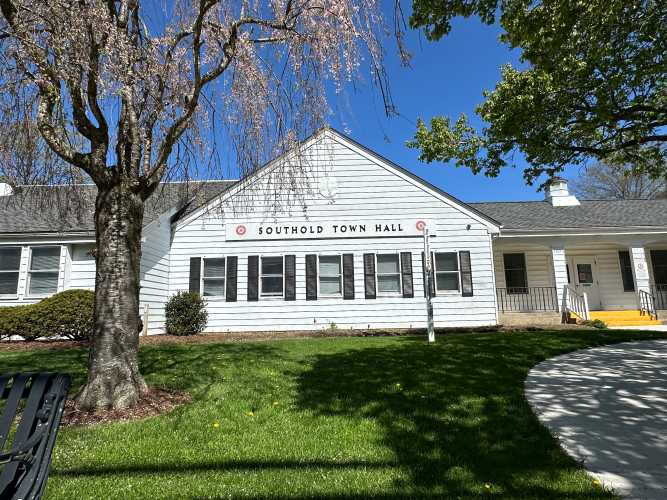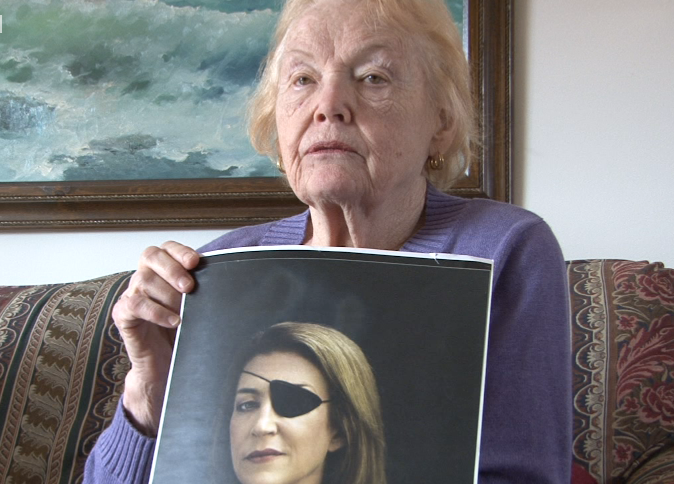
Rosemarie Colvin has experienced a whirlwind of emotions since the passing of her daughter Marie Colvin one year ago Friday, swelling with grief and sorrow when learning her eldest child died and then beaming with pride as people from around the world extolled her brave commitment to truth and justice.
This week is especially trying for Colvin as she and her family celebrate the life of Marie, who died at the age of 56 in war-torn Syria on Feb. 22, 2012 when the city of Homs was shelled, killing 20 people. French journalist Remi Ochlik was killed alongside her.
They were among 28 journalists who died in Syria last year, according to the Committee to Protect Journalists, and dozens of other Syrian and international reporters have been abducted during the conflict, which has reportedly claimed more than 60,000 lives.
“It’s hard to believe it’s a year,” Colvin told the Press over the phone from her East Norwich home. “We miss her terribly.”
But the past year has also been very rewarding for Colvin and her family. Soon after her daughter’s tragic death, the family created a non-profit, the Marie Colvin Memorial Fund, in honor of the brave journalist who died reporting on the Syrian conflict for The Sunday Times in London.
“The fund will direct donations to charitable and educational organizations that reflect Marie’s lifelong dedication to humanitarian aid, human rights, journalism and education,” the organization says on its website.
A portion of the money raised by the family went to help fund the Marie Colvin Center for International Reporting at the Stony Brook University School of Journalism, spearheaded by Ilana Ozernoy, an assistant professor at the university and the coordinator for the program.
“She was just an incredible force and a completely larger than life figure,” said Ozernoy, a former war correspondent who had met Marie Colvin while reporting in Iraq.
“It became obvious to us pretty quickly,” she added, “that we had the potential to do something really worthwhile to honor her life.”
Marie Colvin, who was born and raised on Long Island and graduated from Oyster Bay High School in 1974, was best known for her in-depth shoe-leather reporting from some of the most unstable regions in the world.
Her travels took her to Syria, Libya and the snowy mountains of Chechnya. In 1991, Marie Colvin injured her eye while reporting in Sri Lanka. She wore an eye patch for the rest of her life.
“We want to nurture and grow the next generation of foreign correspondents,” Ozernoy said, while noting the decline of international news coverage, a victim of the financially troubled newspaper industry.
The Marie Colvin Center for International Reporting opened in February and received a $50,000 donation from notable CNN war correspondent Christiane Amanpour. The center is hoping to raise public awareness for international news coverage and to bolster the journalism school’s existing program, Journalism Without Walls, which allows students to travel around the word and do their own international reporting.
“They leave Stony Brook as student journalists and they return as foreign correspondents,” Ozernoy said proudly.
While Rosemarie Colvin is appreciative of the efforts made by her daughters’ former colleagues and local organizations, she’s disappointed with the United States role—or lack thereof—in the Syrian crisis.
Last year, as she welcomed dozens of reporters into her home, Colvin cried out that her daughter was murdered. That belief hasn’t changed.
“I do feel that our government hasn’t been active enough,” Colvin said. “This was a murder, and right after she spoke on television she was murdered.”
Colvin was referring to her daughter’s televised appearance on CNN’s Anderson Cooper: 360, detailing the bloodshed in Syria. Hours later, she was killed when her makeshift press center was shelled by Syrian military forces.
“Someday he’s going to be deposed,” Colvin said of embattled Syrian President Bashar al-Assad. “And I hope he can be tried in a world court and he’ll be held responsible for what he’s done.”
While the world keeps a watchful eye on the civil war in Syria, Colvin is embracing the support from her friends and family and is taking comfort in her daughter’s growing legacy.
“There’s no freedom without a free press,” Colvin said, a motto her daughter would be proud of. “I know war heroes are people who have guns, but journalists have words and they’re also very, very important to a free society.”
Social media is remembering Colvin and other fallen journalists Friday on Twitter using the hashtag: ADayWithoutNews




